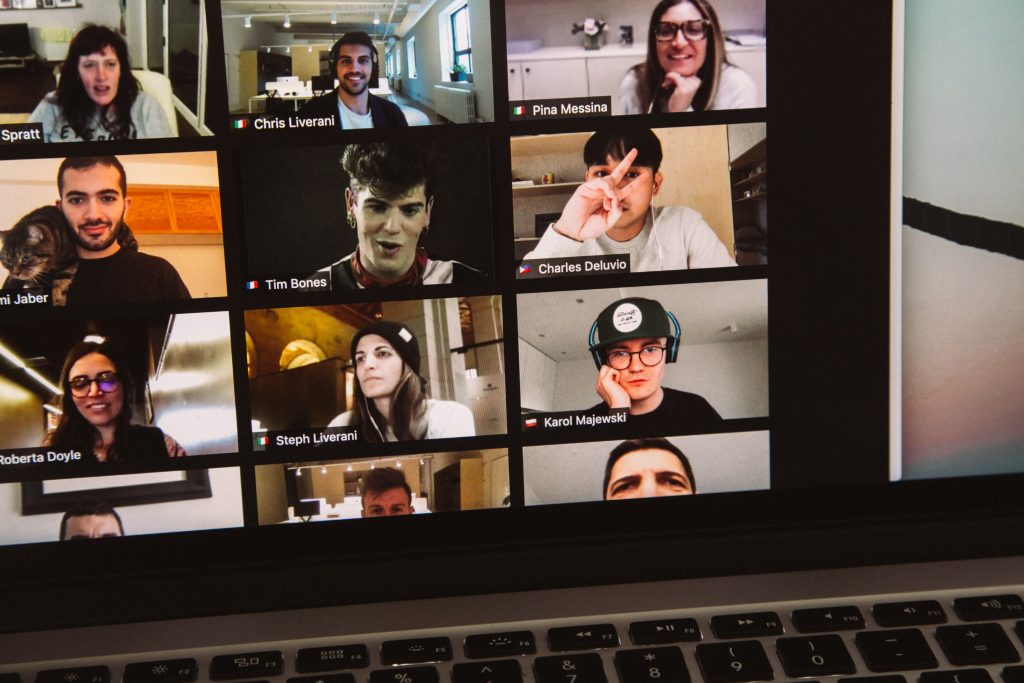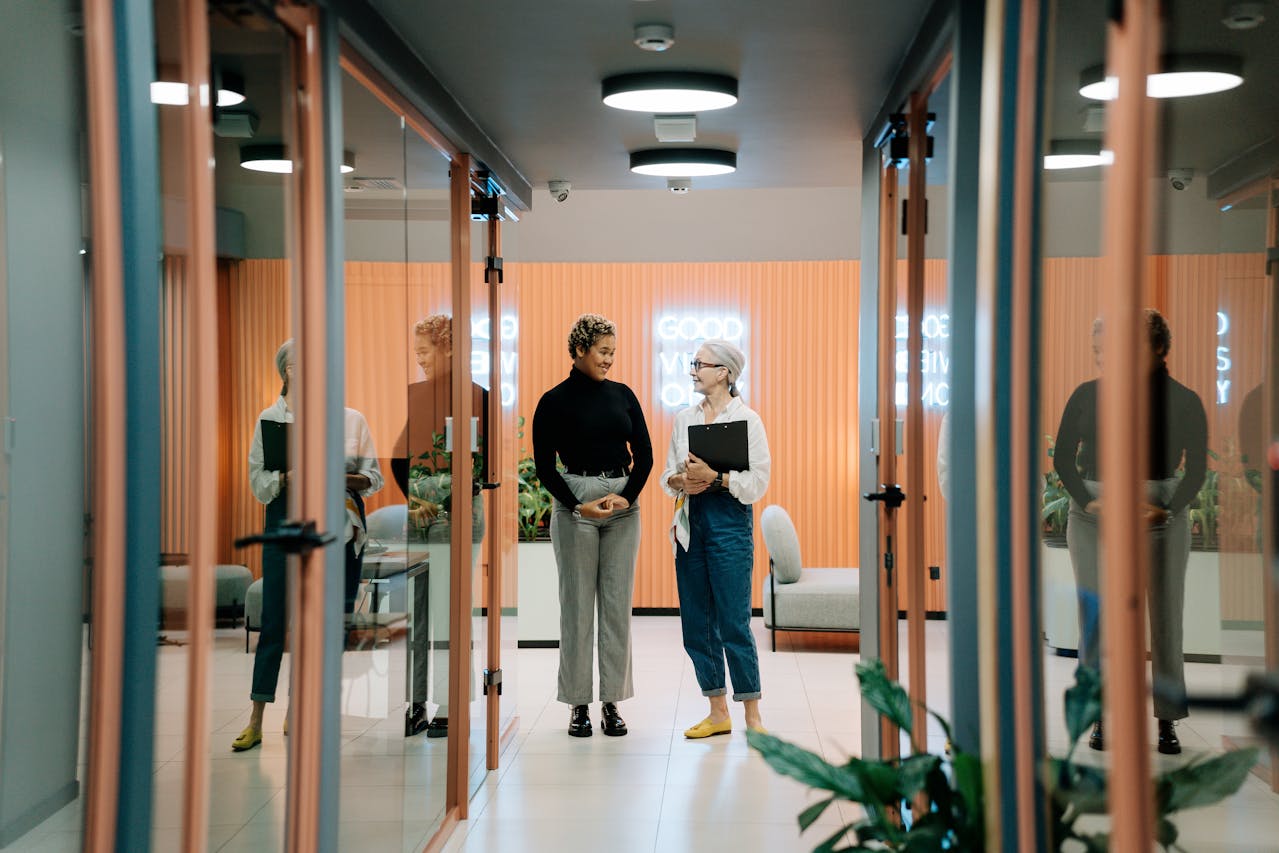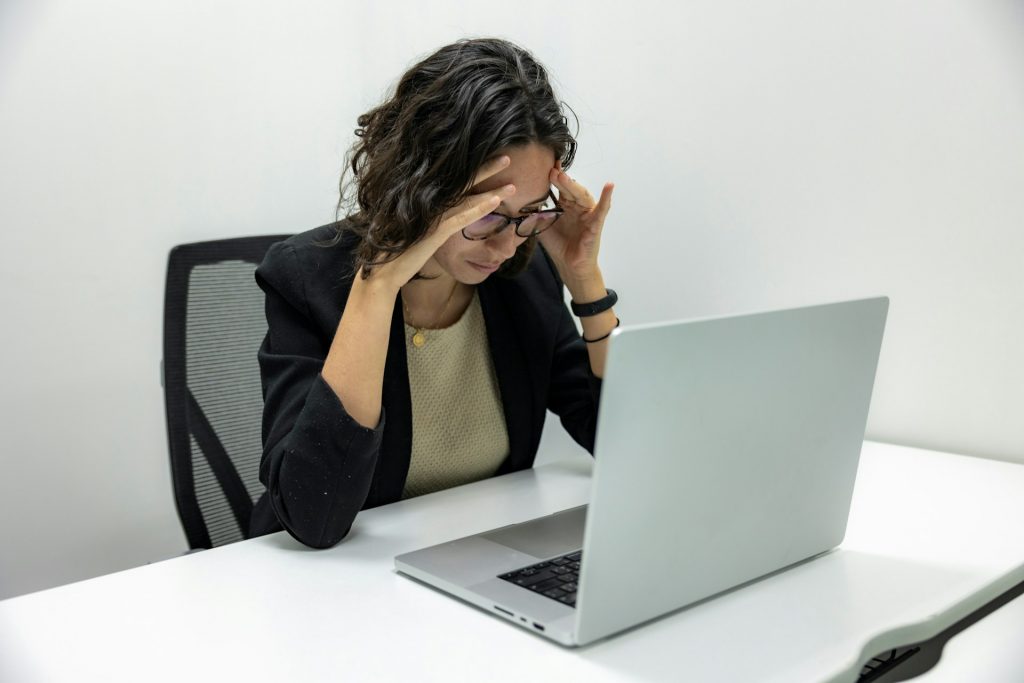They are a minority, but they do not waver. Despite social pressure. Despite more than a year and a half of telecommuting in the isolation of their homes. And after many articles, emails and memos on the virtues of the open camera. They continue, without batting an eye, to enter virtual meetings without opening their cameras. Who are these people (“who are these people!” as Seinfeld would say) who refuse to show us their beautiful smiles and, incidentally, the wallpaper in their bedrooms?
A few weeks ago, we conducted a little in-house poll on LinkedIn to find out how many people were real proponents of the “closed” camera; this poll is not scientific, but it does give an idea of how widespread this movement is.
It is clearly a minority. To understand the motivations behind this choice, we asked a few survey participants directly. Here are their responses.
Étienne Hamel describes himself as a sociable person who loves networking. But for him, the open camera in virtual meetings is a no-go. He lives in a two-and-a-half bedroom apartment with his wife,” he explains. So he doesn’t have the luxury of having an exclusive room at work.
Either I work in the bedroom – where my wife also studies – or I work in the kitchen, which is very small. Every member of my family has the right to privacy.”
He also wants to protect himself from public humiliation.
How many times have we seen an incident like this in the media: a naked child running in the background… or a person who is embarrassed because they forgot to turn off their camera!”
2. “I don’t have a camera!”
With the proliferation of laptops as a work tool, we forget that some people still work on a good old computer with a “tower”. This is the case of Alain, who is a translator. His computer has no camera. Would he like to have one?
No, never! When clients ask me to make a ZOOM meeting, I say I’m not interested. I don’t put any pictures of myself or my family on Facebook, LinkedIn and Instagram. And I want to keep it that way.”
3. Poor bandwidth
Étienne Hamel recalls that communication infrastructures as well are not always up to date.
We had a meeting with 10 people, we were based in the northern Laurentians, where the network is more or less good. When everyone opened their camera, the meeting started to cut and disconnect at any end of the field; it became unpleasant, so we decided to close our cameras to allow the application to function properly. The reality is that not everyone has access to a good network so, again, some people are better off leaving their cameras closed.”
4. To reduce distractions
Magali Baril agrees to open her camera when the situation “requires it” – during an interview or a one-on-one meeting. However, during weekly meetings, it’s a no-go.
The purpose of a meeting should not be the image I send back, but rather what I have to say and what I can contribute to the meeting. By closing my camera, it also allows me to focus on the topic of the meeting. Otherwise, I spend my time looking at myself!”
5. To escape the staging
Nicolas, who works in the banking sector, does not hesitate to say that he closes his camera to avoid the expectations that his interlocutors might have regarding the decorum of a meeting.
I work for a bank, but I’m in a T-shirt most of the time when working from home. When the camera is closed, I can do something else in long meetings. For example: lying on my bed and reactivating my microphone when I have to intervene.”
Mentioning that the pressure attributed to “representing oneself” during a meeting is widely documented; we had recently touched on this in an article.
Greetings to all “anonymous” faces who choose the closed camera!




